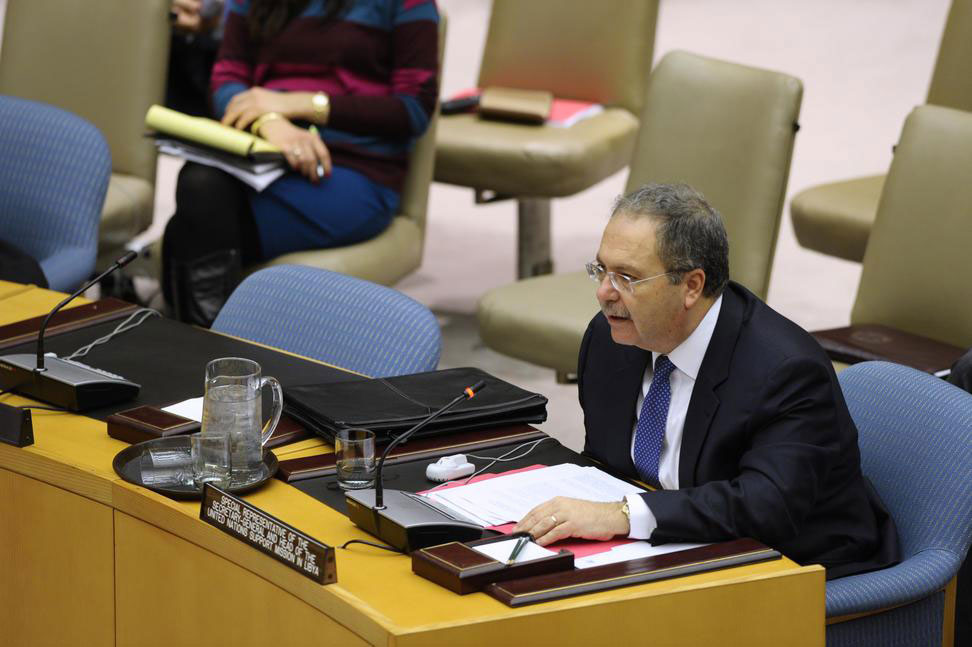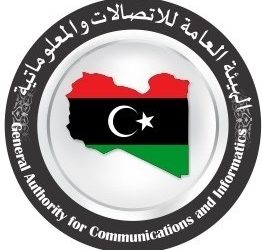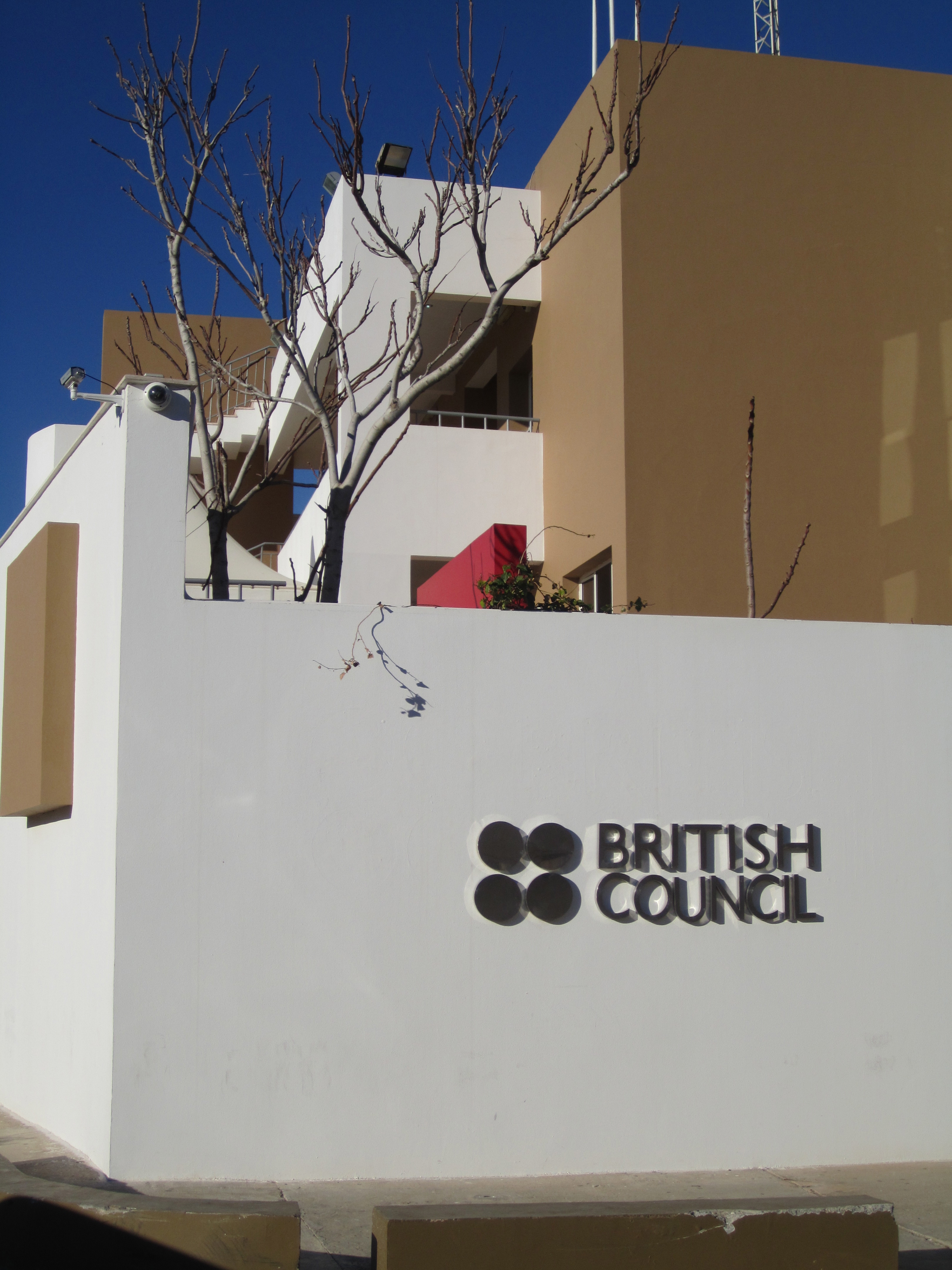By Tom Westcott.

Tripoli, 14 March 2013:
The UN Security Council voted today, Thursday, to renew the mandate of the United Nations Support . . .[restrict]Mission in Libya (UNSMIL) for another year as well as to ease sanctions on non-lethal military equipment. However, it expressed its concern at smuggling of arms from Libya and “its negative impact on regional and international peace and security”.
The session was addressed by Prime Minister Ali Zeidan who told the 15 Council members that the security challenges in the country remained “enormous and difficult” but that progress was being made. He also appealed for help in finding money stolen by the Qaddafi regime.
The Council unanimously agreed to modify the arms embargo of 26 February 2011, thereby enabling Libya to purchase non-lethal military equipment and assistance for humanitarian or protective use. However, it urged the government to improve the monitoring of arms supplied to it.
Libya can import other military equipment but it has to obtain approval from the UN’s sanctions committee.
Zeidan, addressing the Council for the first time, said that Libya had developed the mechanism and means to exert some control over the flow of weapons from and into the country.
As part of the session, the UN Secretary General’s special representative in Libya, Tarek Mitri, said that the country was “awash with weapons” and that these continued to pose a serious risk, regionally as well as locally. “Security problems remain formidable”, he said.
He also said that given “the legacy bequeathed to the Libyan people by the former regime”, he expected the transition to democracy would face obstacles and been a long-term process. He noted that plans to bring in the Political Isolation Law which would prevent senior officials of the Qaddafi regime from holding office for 10 years was proving increasingly divisive in Libya.
In its deliberations the Council was concerned about reported human rights abuses and called on the Libyan government to promote them.
Zeidan said that the government was implementing its justice programme, which might be approved in the next few weeks. He also said that progress had been made in rehabilitating prisoners in line with international standards and that it had trained a further 10,000 police officers.
Zeidan also said he hoped the international community would understand the patience Libya needed as it proceeded along the path of democracy. He said that the government was “dealing with (the) political isolation (law) with wisdom and alertness,” hoping to entrench justice, human rights and equal opportunities into the fabric of the country.
Under the mandate, UNSMIL is authorised to continue supporting the Libyan government in defining national needs and priorities throughout the country. This includes the process of democratic transition, promoting the rule of law and monitoring and protecting human rights in line with Libya’s international legal obligations – particularly those of women, children, minorities and migrants.
UNSMIL has also been involved in helping restore public security and countering the illegal supply of weapons. This has included the development of a coordinated strategy to clear explosive remnants of war and conduct munitions disposal, as well as implement international conventions on chemical, biological and nuclear weapons. Coordinating international assistance is also part of UNSMIL’s mandate.
The Security Council also said it encouraged UNSMIL to support efforts to promote national reconciliation, inclusive political dialogue and respect for human rights throughout the country.
The full text of UN Resolution 2095 is here . [/restrict]







